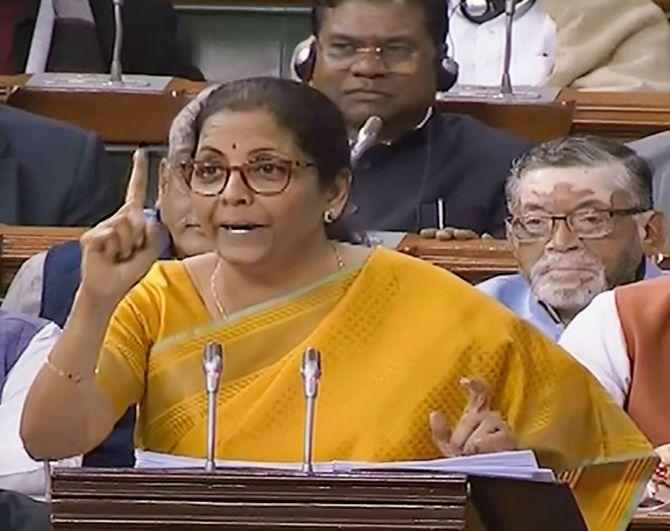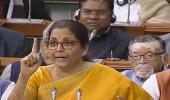The Union Budget is not everyone’s cup of tea. But here’s how you can make it yours.

1. What is the Union Budget?
The annual Budget is a statement of government’s accounts, but also lays out the plan to mobilise resources to be spent on national development. But the money can be spent only after Parliament approves it.
2. How the Budget affects us
Central spending on roads, metro lines, agriculture helps in making our lives more comfortable. Focus on rural schemes makes the villages better off, boosts demand, incentivises formation of new companies, and creates jobs. The 2020 edition arrives when economic revival looks tough.
3. What is its size?
In a bid to give boost to consumption and investments, the Budget enhances capital spending, and retains big-ticket rural allocations, taking the total expenditure to Rs 30 trn, or 15% of GDP.
4. But how big is Rs 30 trn?
For a populace of the size of 1.3 billion, the current Budget entails an average spending of Rs 23,000 per Indian, or nearly 17 per cent of an average Indian’s annual income.
5. What's in store this year ?
Income tax rates have been slashed, but can be availed only if the taxpayer lets go of most exemptions. This is expected to benefit only those who avail the least of them, for example, millenials. The government expects to lose Rs 40,000 crore or nearly 0.2% of GDP due to this.
6. Is the balancing act simple?
No. The government, on its own, would be able to earn only Rs 12.2 trillion worth of money, and thus plans to borrow Rs 8 trillion, or nearly a fourth of the enhanced spending. Very similar to how households borrow to make ends meet.
7. What, then, is the crux of the Budget?
In a situation where the government needs to spend more -- to boost demand -- but is able to earn less, it has decided to borrow more to raise spending on roads, farmers, smart cities and pay more interest on loans in coming years. But borrowing from outside of the budget books has assumed a bigger proportion.
8. What are the key revenue sources?
To manage this, the government expects to rake in a bounty from selling off public companies, dividend from State-owned companies, telecom dues and GST, income tax to some extent.
9. What are the spending priorities?
This is where the government has shown a clear focus on infrastructure, but the rural focus, started in Jaitley’s tenure, has taken a backseat due to limited funds. Bank recapitalisation has not been announced, but that for insurances companies is in place this year. Urban projects are not neglected, too. Here are the key areas where spending was ramped up.
10. What limits government’s spending ability?
A large chunk of money needs to be spent on salaries of officials, defence personnel, subsidies and interest payments towards the pile of debt, and these cannot be rolled over, or let go. They eat up a sizeable chunk of available resources.












 © 2025
© 2025